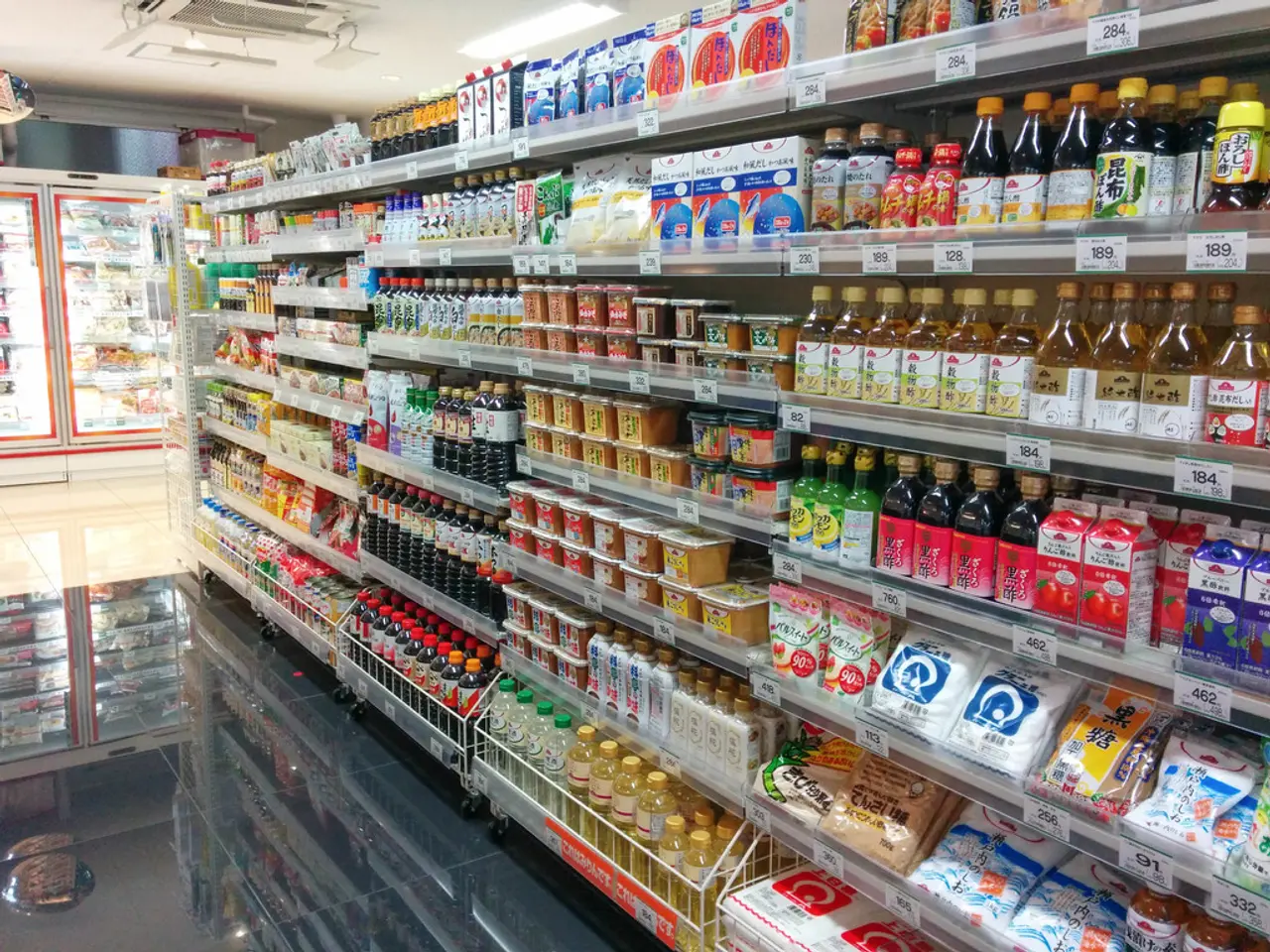Monitoring of Money Laundering Activities for High-Value Merchants
In the ever-evolving landscape of financial crime, High Value Dealers (HVDs) in the United Kingdom are subject to specific registration and compliance requirements under the Money Laundering Regulations. These regulations aim to prevent money laundering and financial crime, safeguarding businesses and the economy as a whole.
First and foremost, HVDs must register with HM Revenue & Customs (HMRC). This registration involves providing details about the business premises and paying any applicable fees. High Value Dealers are businesses or sole traders that accept or make high value cash payments of €10,000 or more. Cash, in this context, refers to notes, coins, or traveller's cheques.
Once registered, HVDs must implement robust Customer Due Diligence (CDD) and Enhanced Due Diligence (EDD) measures. CDD involves verifying the identity of clients using official documents such as passports or driving licenses, while EDD requires additional steps to verify identity and monitor transactions more closely in higher-risk situations.
Moreover, businesses must develop, maintain, and update a policy statement outlining their money laundering controls and procedures. This includes appointing a nominated officer (often a Money Laundering Reporting Officer, MLRO) responsible for receiving and assessing suspicious activity reports (SARs) from staff and deciding whether to escalate them to the National Crime Agency (NCA).
HVDs are obligated to report any suspicious transactions or activities that could be related to money laundering to the NCA promptly and in compliance with the Proceeds of Crime Act 2002 and the Money Laundering Regulations 2017.
As of May 2025, high value dealers must also comply with new financial sanctions reporting requirements under the UK sanctions regime. This includes mandatory reporting to the Office of Financial Sanctions Implementation (OFSI) of any dealings in funds or economic resources exceeding £10,000 that could be linked to designated persons or entities under UK financial sanctions.
Lastly, adequate training must be provided to employees so they understand their responsibilities under the AML regulations, recognise suspicious behaviour, and know how to report it internally.
In summary, HVDs under UK money laundering regulations must register with HMRC, implement strict CDD and EDD measures, create and maintain AML policy frameworks, appoint an MLRO, conduct ongoing staff training, and adhere to mandatory suspicious activity reporting and new financial sanctions obligations effective from May 2025.
For more detailed information, HMRC's website and guidance documents provide instructions for the registration and compliance process for high value dealers. Recorded webinars are also available to find out more about money laundering supervision, and HMRC offers guidance on how to comply with obligations under the money laundering regulations.
It is good practice for HVDs to have a written policy stating they will not accept high value cash payments and to make sure their staff are aware of it. Failure to pay the correct fee may lead to termination of registration and removal from the anti-money laundering register.
HMRC has published guidance for high value dealers on complying with money laundering regulations and related legislation, and more information is available about recognising and reducing the risk of money laundering for high value dealers.
High Value Dealers (HVDs) in the business sector, as per the Money Laundering Regulations, must register with HM Revenue & Customs (HMRC) and comply with financial sanctions reporting requirements under the UK sanctions regime, effective from May 2025. Robust Customer Due Diligence (CDD) and Enhanced Due Diligence (EDD) measures, along with maintaining a policy statement outlining money laundering controls and procedures, are essential for HVDs to uphold in their finance-related activities.




